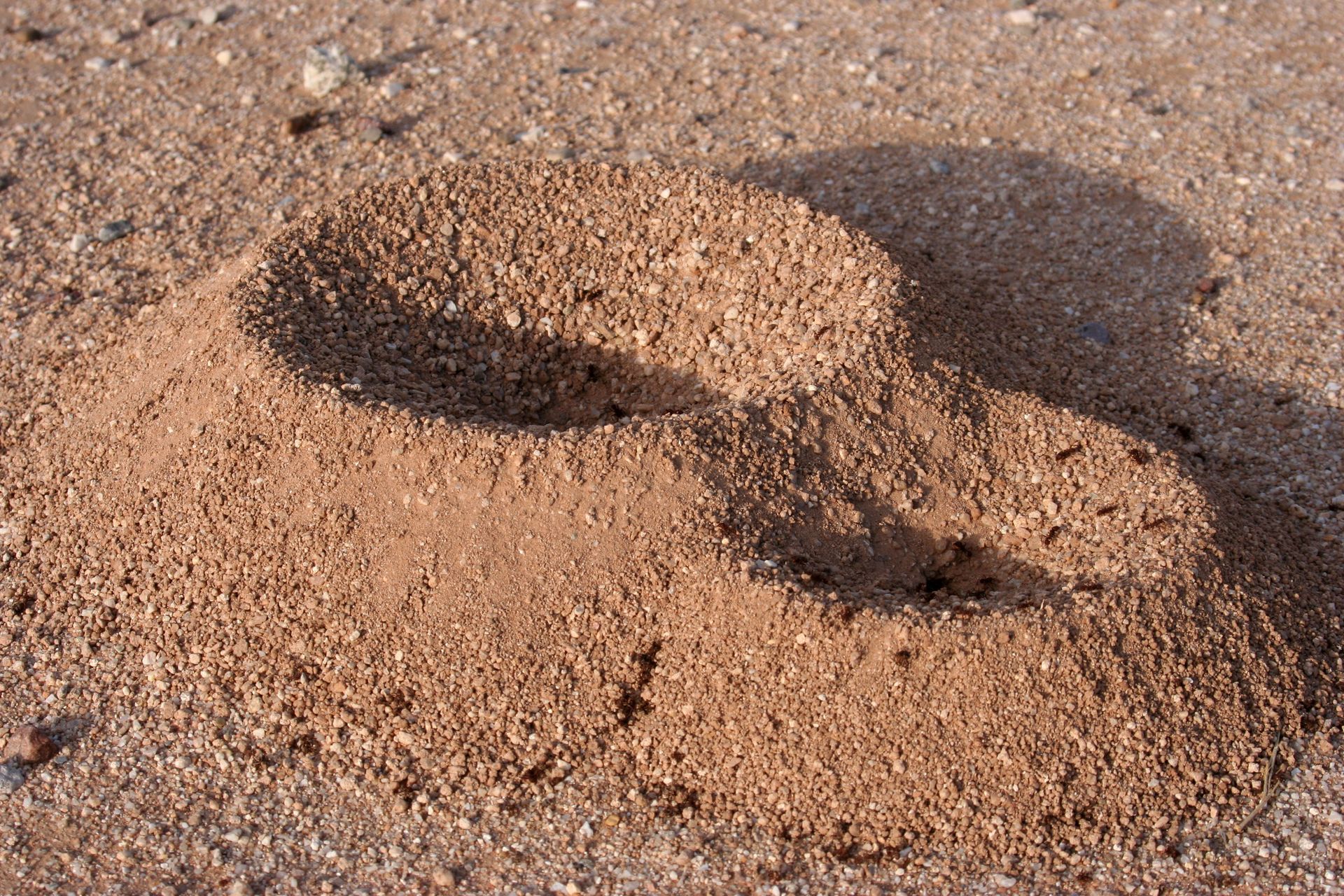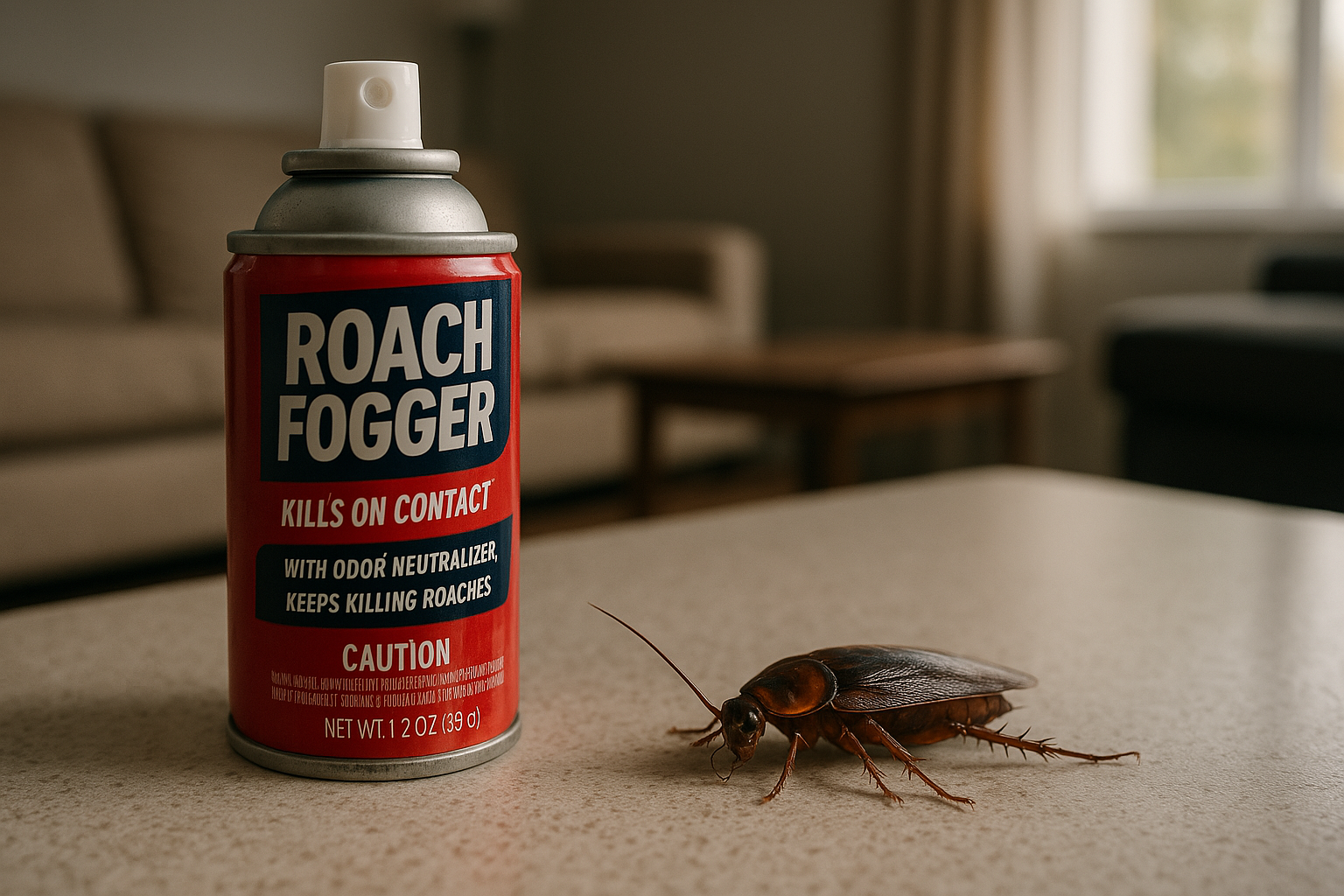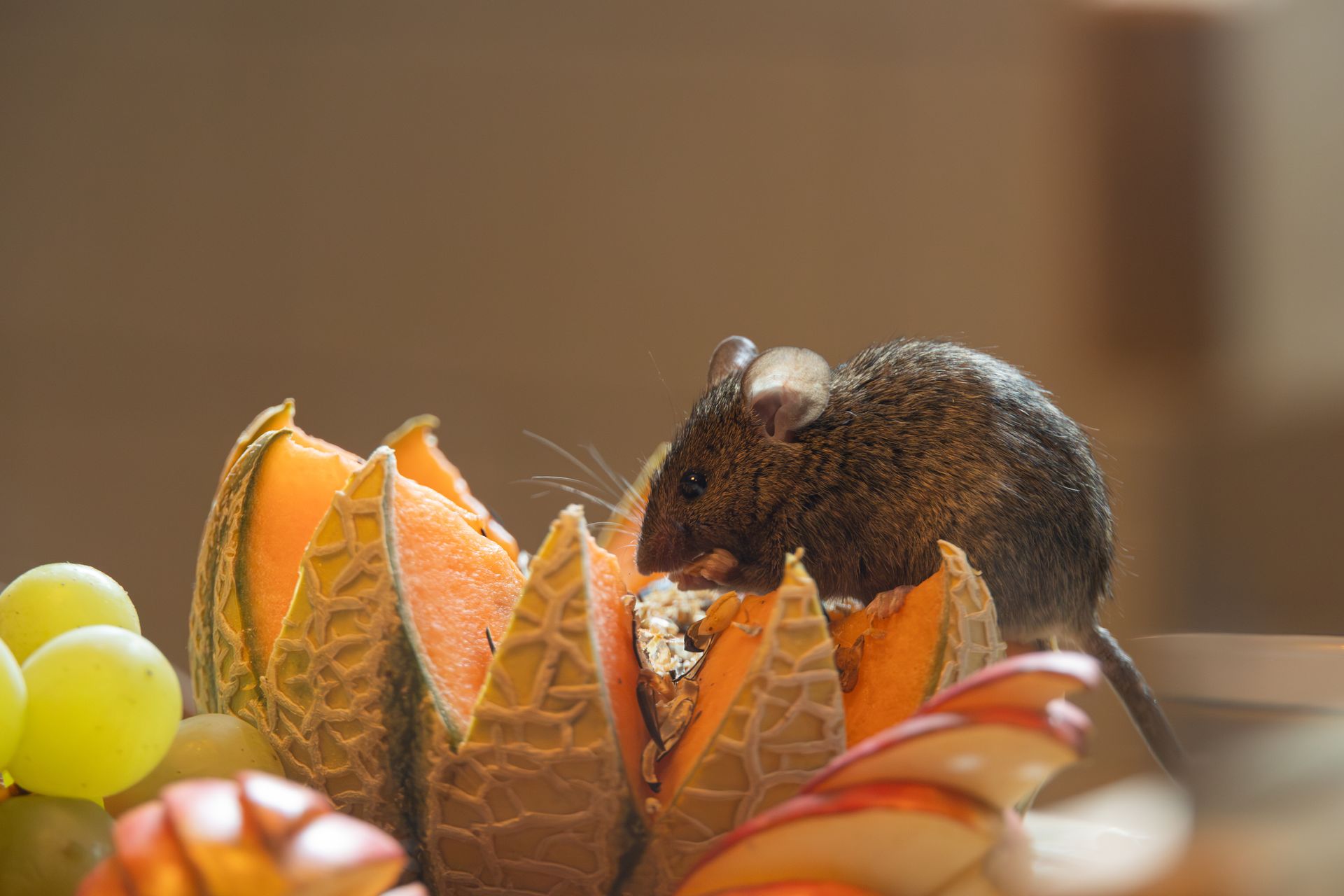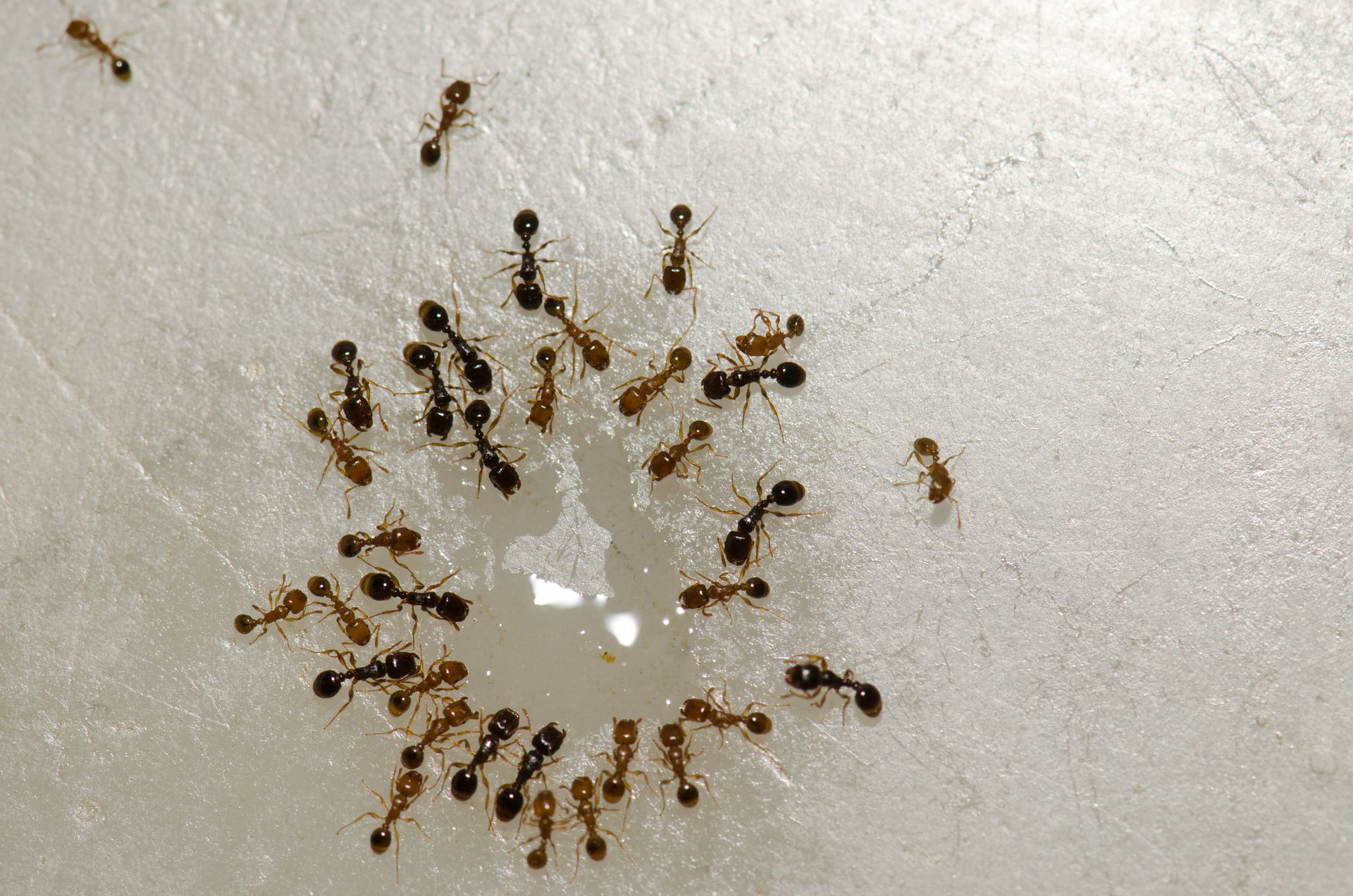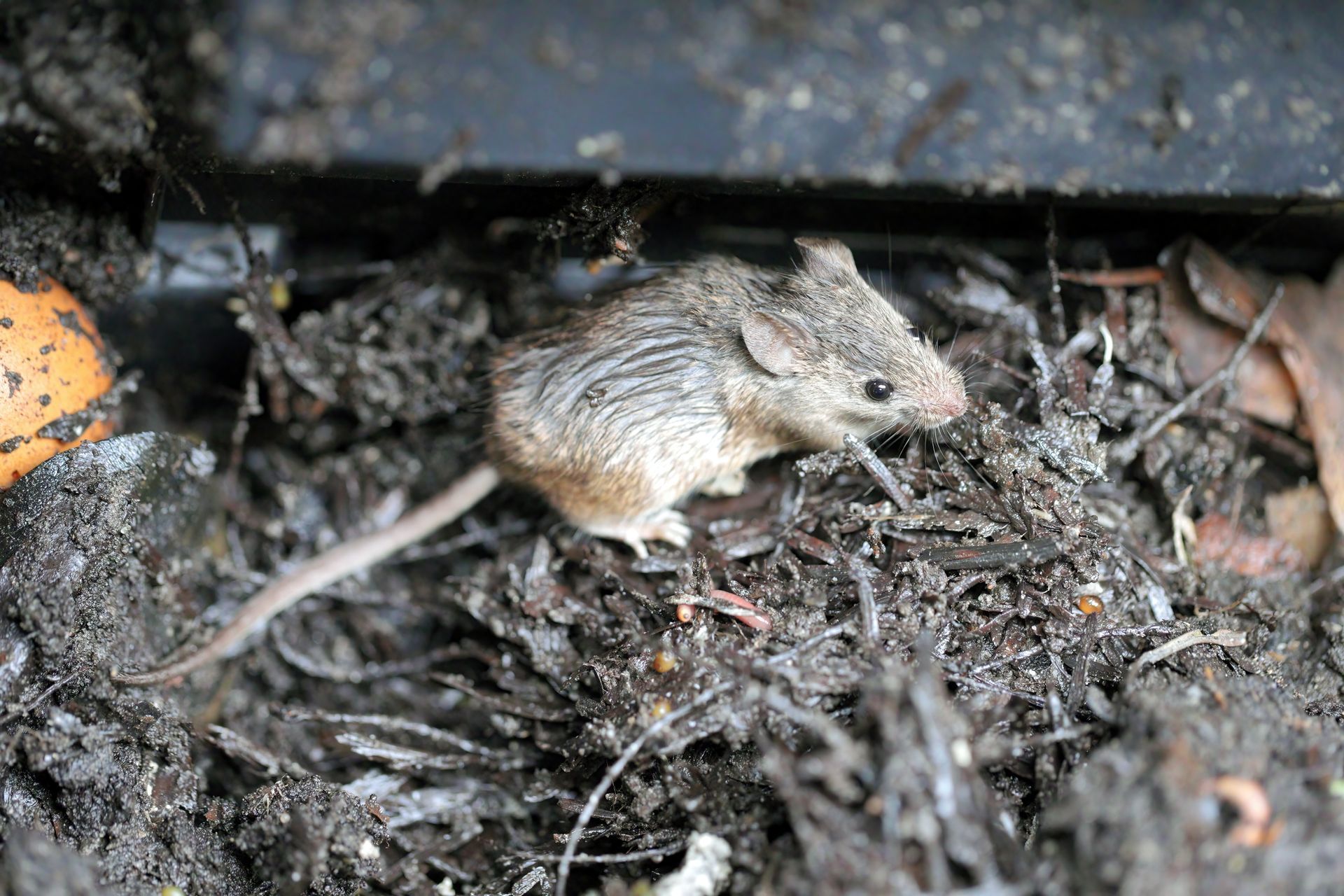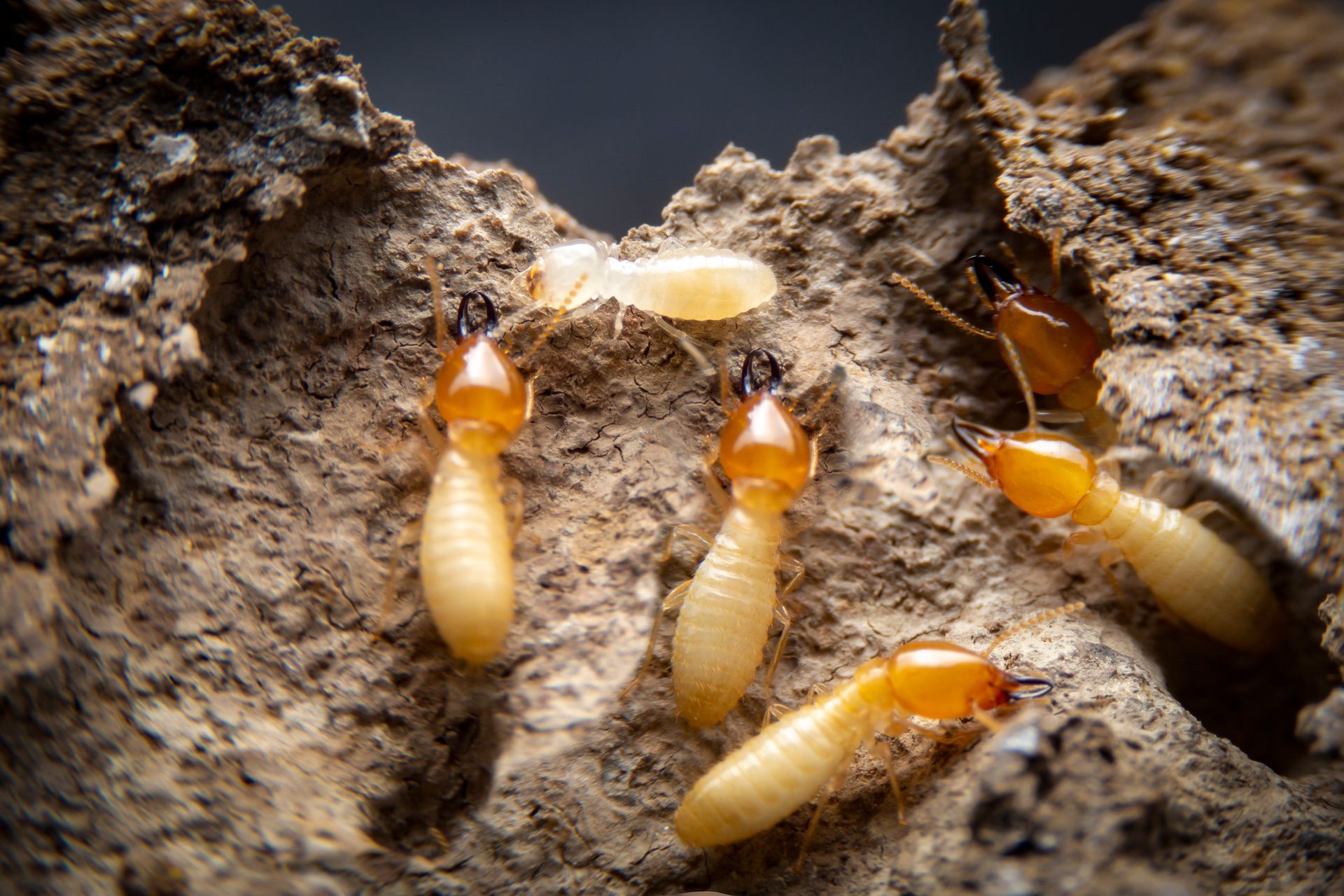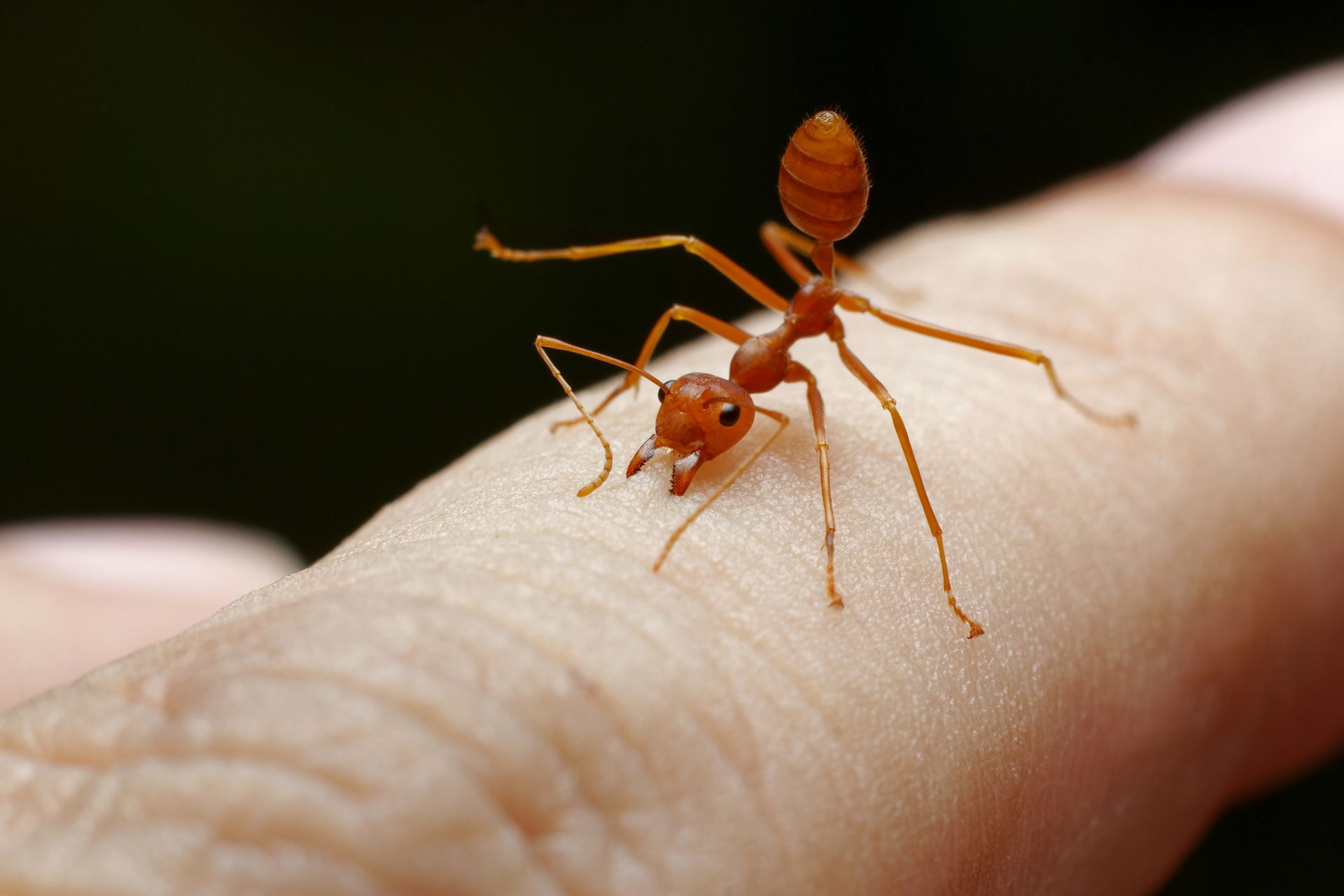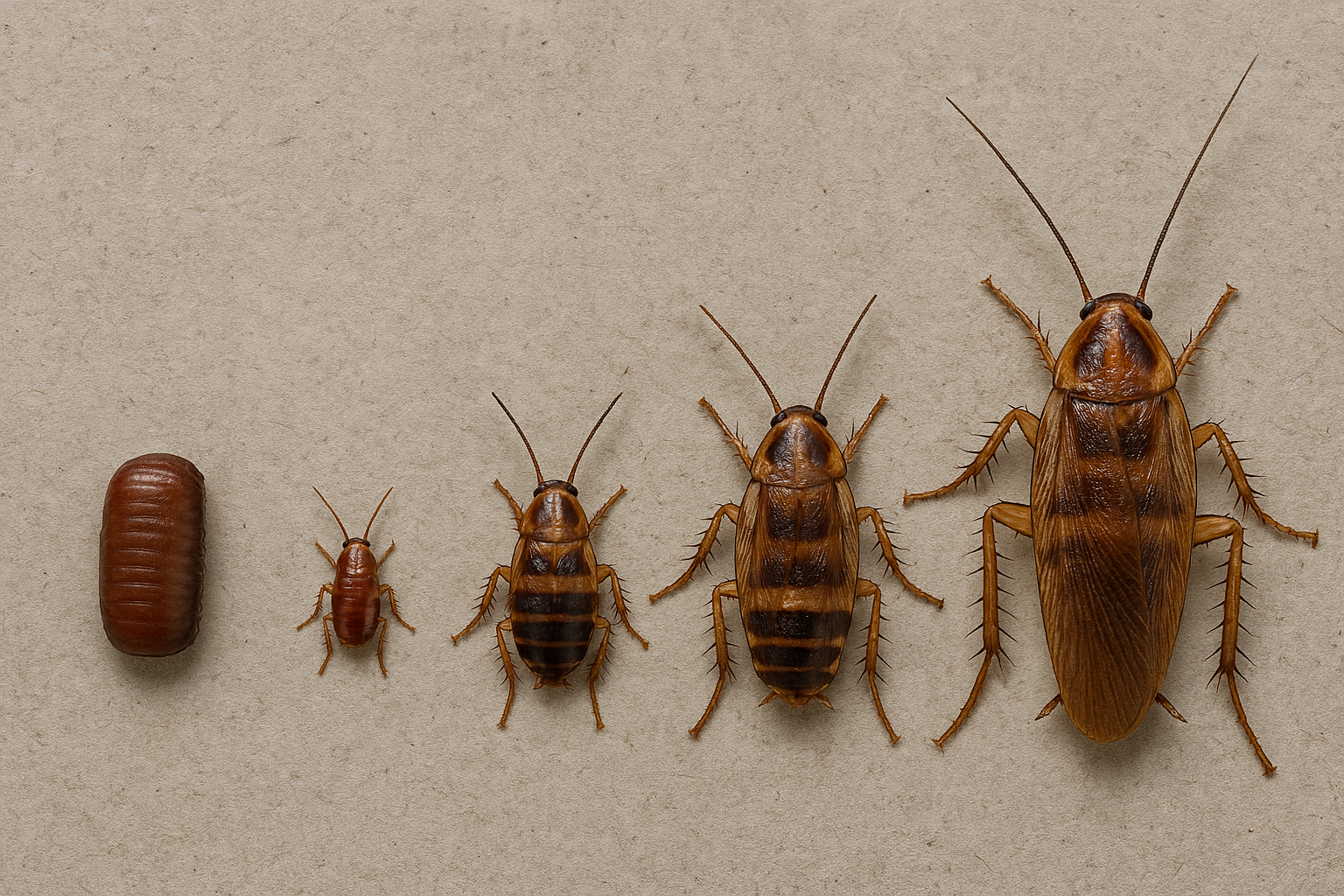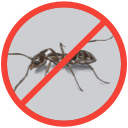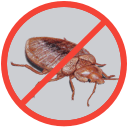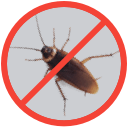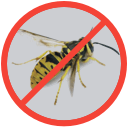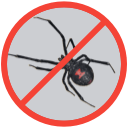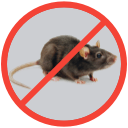What’s the Best Time to Spray Insecticides Around the House?
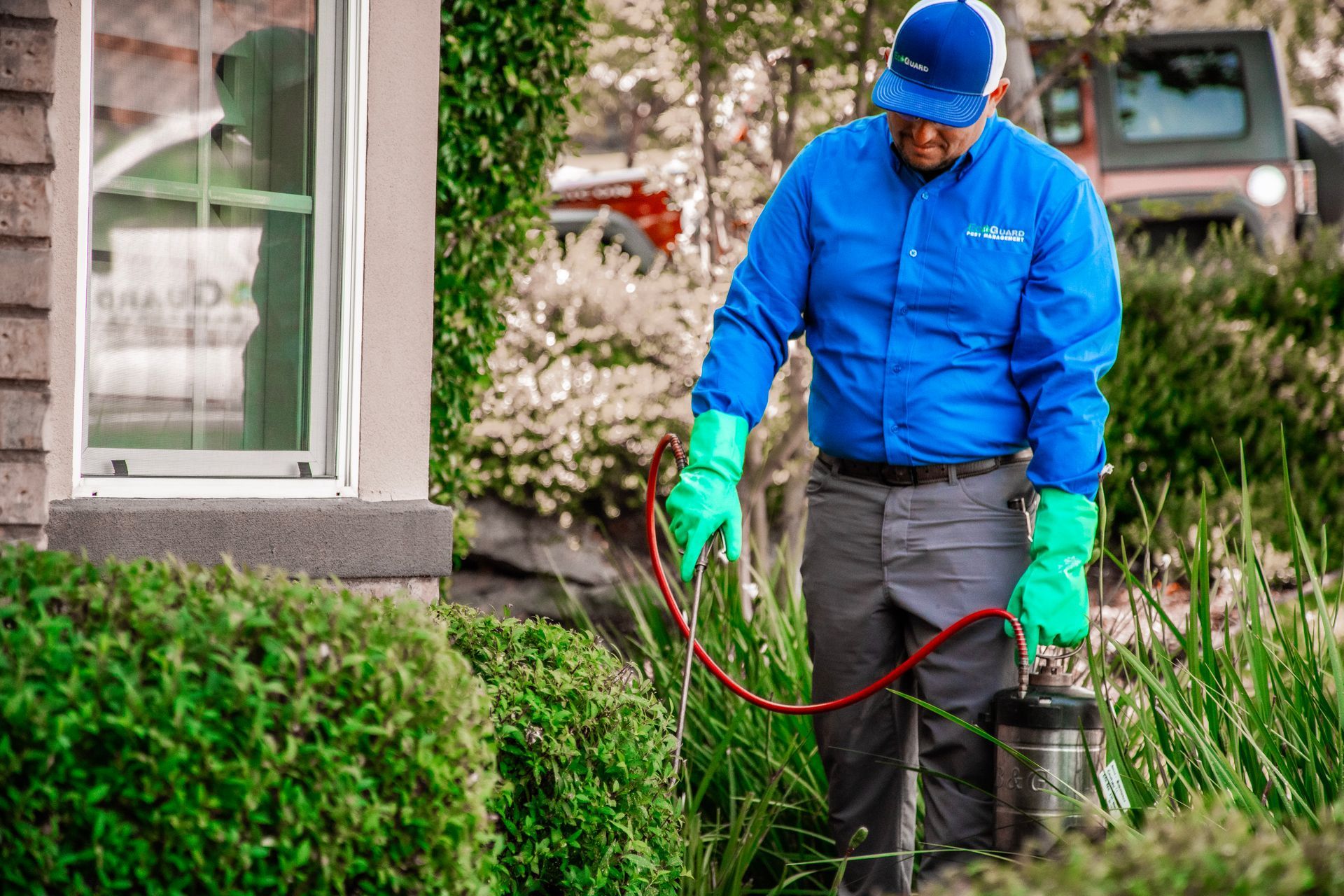
The best time to start spraying insecticides around the house is typically during spring when temperatures are mild, and pests start to become more active. This timing allows you to proactively control the pest population before it becomes a larger problem. Different pests may have specific life cycle stages when they are most susceptible to insecticides, so it's important to read labels and follow instructions to target them effectively.
It is also crucial to consider environmental factors when spraying insecticides. Avoid applying insecticides before rainfall to prevent the chemicals from leaching into the soil and water sources, potentially harming wildlife. Choose a calm and overcast day for outdoor insect treatments to minimize unintended effects and ensure the effectiveness of the spray.
Regular and timely application of insecticides can help prevent and minimize the presence of pests in your home which results in a healthier living environment. Consulting with a pest control professional is recommended to help determine the best course of action based on the specific pest infestation and the most suitable timing for insecticide treatments.
Understanding Bug’s Annual Cycle
Understanding the annual cycle of bugs is essential for effective pest control and prevention. As temperatures cool down in the fall, pests start seeking shelter indoors. While you may notice a few stray bugs, they are not yet a cause for alarm. During the winter, pests remain dormant and hibernate in inaccessible areas of your home, such as walls or cabinets. They are relatively inactive during this time, and many may not survive the cold season.
With the arrival of spring in March and April, pests emerge from hibernation and become more active in search of food and places to breed. Although their activity is still limited, it serves as a warning sign of a potential infestation. Summer is when the bug population reaches its peak. With ample access to food, water, and favorable conditions, pests have had several weeks to nest, breed, and multiply. This is when you're most likely to observe heightened pest activity.
Understanding the annual cycle of bugs helps you plan and implement preventive measures at the most vulnerable stages of their life cycle. By hiring professionals for inspections and timely extermination, you can effectively control and manage pest populations throughout the year.
Spring:
- Pests emerge from hibernation and become more active.
- Limited activity as they search for food and breeding locations.
- Early signs of activity serve as a warning for potential infestation.
Summer:
- Pests reach their peak population during the summer months.
- Increased activity due to ample access to food and water.
Fall:
- Pests start seeking shelter indoors as temperatures cool down.
- Limited activity of stray bugs may be noticed.
- Professional inspection may be needed to detect their presence.
Winter:
- Pests remain dormant and hibernate in safe and inaccessible areas.
- Minimal activity and relatively inactive behavior.
- Many pests may not survive the cold season.
When is the Best Time to Spray for Bugs
The best time to spray for bugs is generally in early spring when pest numbers are low, and nests and colonies can be destroyed before the first round of insects hatch. By treating in the spring, the insecticide has less work to do because insect populations have not had a chance to grow. Even if spring treatment is missed, it's never too late to spray for pests. Effective results can still be achieved even during the summer when there is increased pest activity. Pest control services use integrated pest management strategies to effectively kill pests and their colonies.
Additionally, spraying the house for bugs in early fall can help prevent access as they search for a place to hibernate. Sealing gaps in windows and doors, as well as cracks in siding and floorboards, can prevent infestations from occurring. Taking a proactive approach to pest control during the appropriate seasons can help keep pests away and avoid the need for fumigating a fully grown colony.
How Often Should Your Home Be Sprayed?
When it comes to how often your home should be sprayed for pests, the general recommendation is at least once a year. For full protection, bi-monthly treatment is recommended to ensure that seasonal pests are protected against. However, if only one treatment is applied, this should ideally be done in early spring if there are no new infestations or ongoing pest problems. This annual treatment helps to keep pest numbers low and allows you to enjoy your home throughout the year. However, if you notice new issues or an increase in pest activity, it's important to contact a pest management professional to assess the situation. Additional treatments may be necessary.
It's worth noting that spray treatments don't provide protection against all pests. While they generally cover a range of crawling bugs, they may not be effective against carpenter ants, bed bugs, fleas, and termites. If you encounter these specific pests, specialized treatments may be required. Regular communication with a pest management professional can help ensure the appropriate treatment frequency and address any specific pest concerns.
Why Bi-monthly Pest Control is Recommended
Regular pest control inspections and treatments are highly recommended to maintain a pest-free environment, and many pest experts suggest bi-monthly pest control for most homes and workplaces. It's crucial not to wait if you have a known pest infestation or if it has been a while since your last inspection.
Pest control is an ongoing task, and being proactive is key to effectively managing unwanted pests. Each season presents different pest challenges, and addressing them at the right time can help prevent infestations and maintain control:
Spring: Pests begin to hatch and establish colonies this year's breeding. This is the best time to get a jump on reducing the severity of the bug season on your property.
Summer: As temperatures rise, pest populations increase. Treating your lawn early in the summer can help manage common summer pests. Focus on spraying plants, including the underside of leaves, to catch hiding pests and prevent infestations.
Autumn: During the fall, pests start seeking shelter from the approaching winter. It's an excellent time to spray the exterior of your home, targeting nooks and crannies. Creating a protective barrier around your home and along its foundation can help keep pests out during the winter.
Winter: Winter pest control primarily focuses on indoor infestations. If pests continue to find their way into your home during the cold months, the use of pesticides can be beneficial in controlling them.
By following a bi-monthly pest control schedule and addressing specific seasonal challenges, you can effectively manage pests and reduce the likelihood of infestations in your home or workplace. Regular inspections and proactive measures are essential for long-term pest prevention.
Best Time of Day to Spray Pesticides
The best time of day to spray pesticides for effective pest control is typically in the morning or evening. Many insects are most active during these times, making it optimal for pesticide application. Applying pesticides at the wrong time can have adverse effects. For instance, certain pesticides should only be used on shrubs late at night or early in the morning to avoid harming beneficial insects like bees.
It is important to allow the pesticides to dry for one to 24 hours for maximum effectiveness. This may require adjusting your watering schedule or automatic irrigation system to allow the leaves to dry. Spraying for bugs on a clear day at the beginning of a rain-free 24-hour period is recommended. It is also crucial to avoid applying insecticides or herbicides during midday when the sun is at its hottest.
By timing pesticide applications correctly, particularly in the morning or evening, you can optimize their efficacy while minimizing the potential harm to beneficial insects and the risk of plant diseases.
Where To Spray for Bugs
When spraying your home for bugs, there are several important areas to focus on for effective pest control. Here is a guide to consider:
The perimeter of your house: Spraying the perimeter of your home and yard is critical as it provides an immediate barrier against pests. This helps in destroying existing pests and also offers longer-lasting protection by creating a residual repellent effect, which deters bugs from entering your home for several months.
Vegetation: Pay attention to plants, bushes, and shrubs around your property. Spray them generously until the point of runoff, ensuring that the entire plant is covered. It is important to spray the underside of the leaves as well, as many pests tend to hide there. Treating vegetation helps eliminate pests hiding in the plants and prevents them from spreading further.
Your garden: If your garden has been infested with pests, consider using a homemade or store-bought garden spray specifically designed to target the pests affecting your plants. Applying a garden spray can effectively treat the infestation and protect your plants from further pest activity.
Porches and decks: Many bugs will often seek shelter in quiet areas with limited direct sunlight, particularly if there is vegetation nearby. When spraying your yard, pay close attention to porches and decks. These areas should be thoroughly treated to reduce pest populations and prevent them from breeding in these shaded spaces.
By focusing on these areas when spraying for bugs, you can significantly enhance the effectiveness of your pest control efforts and create a more pest-free environment in and around your home.
Contact EcoGuard Pest Management if You Need a Pest Inspection
If you are currently dealing with a pest problem or want to proactively prevent pests from infesting your home, it's time to take action. Don't let pests disrupt your peace of mind or compromise the safety of your living environment. Call EcoGuard Pest Management today to benefit from their expertise in pest control. With their professional services, you can effectively eliminate pests and protect your home and family from the potential health risks and property damage associated with infestations. Don't wait any longer – reach out to EcoGuard Pest Management and regain control over your living space.


